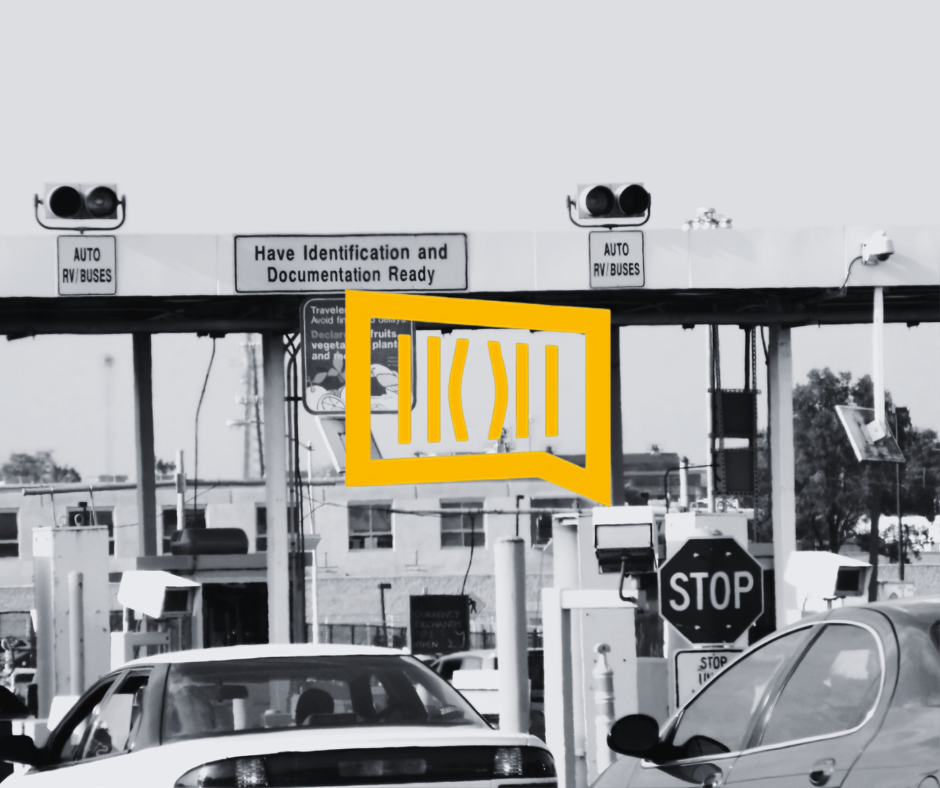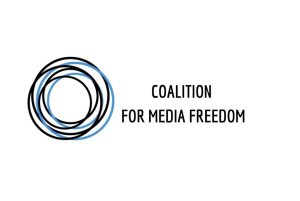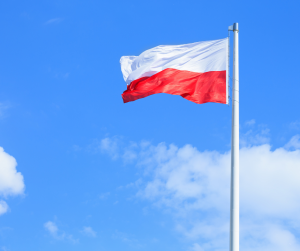On November 2, 2024, Greek authorities unjustifiably held Albanian journalists (Fjorela Beleshi and Elja Zotka) and filming crews from A2 CNN and TV Klan for over four hours at the Kapshticë border crossing. The teams were traveling to Thessaloniki to cover a public event featuring Albanian Prime Minister Edi Rama and the Albanian diaspora. Despite holding valid credentials and complying with Greek authorities’ requests—including providing a verbal note from the Albanian Ministry for Europe and Foreign Affairs—the journalists’ passports were temporarily confiscated, and they were barred from crossing without explicit approval from the Greek Ministry of Foreign Affairs. Greek border officials further restricted the journalists by attempting to prevent them from documenting the situation through live reporting on their phones, obstructing their ability to report on the conditions in real time.
Although the journalists were ultimately permitted to continue their travel after receiving the requested approval from the Greek Ministry of Foreign Affairs, the SafeJournalists Network (SJN) strongly condemns this incident as an unacceptable obstruction of journalistic work. This prevention from entering, related not to customs compliance but to last-minute bureaucratic permissions and vague diplomatic requirements, can be considered a violation of the European commitment to press freedom and the free movement of people, including journalists. Excessive administrative delays imposed without justification undermine journalists’ capacity to report freely and transparently, threatening the core democratic values.
We urge Greek authorities to formally explain the journalists’ detainment at the border and clarify the requirements imposed. Transparent communication is essential to foster trust and prevent future incidents. State authorities must clearly communicate any requirements for foreign journalists in advance to avoid delays that impede cross-border reporting. These guidelines should align with European principles protecting press freedom and enabling journalists’ access.
We call on the Albanian Ministry for Europe and Foreign Affairs to prevent similar incidents to strengthen protocols and diplomatic arrangements with neighbouring countries to ensure Albanian journalists can move and report freely. We also request that Albanian authorities seek a formal response from their Greek counterparts on the reasons for preventing entry. We note the Albanian government’s response in assisting the journalists and recommend establishing a formal mechanism to provide rapid consular support for Albanian journalists facing issues at the border or obstruction abroad.
The SafeJournalists Network calls on media organizations and press associations in Albania, Greece, and Europe to unite in condemning this incident. Collective advocacy is crucial to reinforce press freedom and advocate for transparent cross-border media protocols. Engaging EU institutions and international press freedom organizations will highlight these issues and encourage EU oversight to ensure adherence to press freedom principles across member states.
The Network stands firmly with the Albanian journalists affected by this incident. We call on the EU to ensure member states adhere to principles that uphold press freedom, transparency, and the protection of journalists’ rights across borders. Press freedom is a cornerstone of democracy, and incidents like this must not be tolerated.
The SafeJournalists Network will inform relevant national and international actors about this case.
Every attack on journalists is an attack on the public interest, democracy, and the rights of all citizens.
Pristina – Skopje – Sarajevo – Zagreb – Belgrade – Podgorica, 4.11.2024
Association of Journalists of Kosovo
Association of Journalists of Macedonia
BH Journalists Association
Croatian Journalists’ Association
Independent Journalists Association of Serbia
Trade Union of Media of Montenegro




